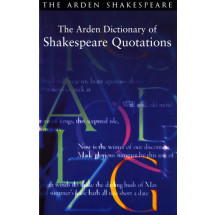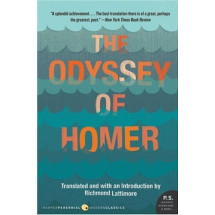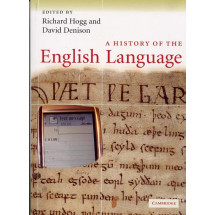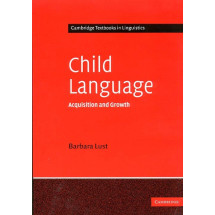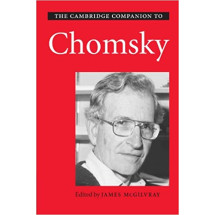This volume offers the most comprehensive and critically up-to-date edition of Troilus and Cressida available today. Bevington's learned and engaging introduction discusses the ambivalent status and genre of the play, variously presented in its early printing as a comedy, a history, and a tragedy. He examines and assimilates the wide variety of critical responses the play has elicited, and argues its importance in today's culture as an experimental and open-ended work. Themes of women as objects of desire and bonds of friendship between men, for instance, are not limited by historical context. He also, however, suggests that this experimentalism may have contributed to its lack of immediate stage success, and goes on to place the work in its late Elizabethan context of political instability and theatrical rivalry. A thorough performance history focuses chiefly on recent productions. The complex text situation is re-examined and the differing textual readings carefully explicated. Influential sources for this work and the surviving texts of Troilus and Cressida are discussed in appendices.
The Arden Shakespeare has developed a reputation as the pre-eminent critical edition of Shakespeare for its exceptional scholarship, reflected in the thoroughness of each volume. An introduction comprehensively contextualizes the play, chronicling the history and culture that surrounded and influenced Shakespeare at the time of its writing and performance, and closely surveying critical approaches to the work. Detailed appendices address problems like dating and casting, and analyze the differing Quarto and Folio sources. A full commentary by one or more of the play뭩 foremost contemporary scholars illuminates the text, glossing unfamiliar terms and drawing from an abundance of research and expertise to explain allusions and significant background information. Highly informative and accessible, Arden offers the fullest experience of Shakespeare available to a reader.
Kenneth Muir is Emeritus Professor and Honorary Senior Fellow at the University of Liverpool. --This text refers to an out of print or unavailable edition of this title



